first edition
1906 · Chicago
by BANKS, Charles Eugene
Chicago: Monarch Book Co, 1906. FIRST EDITION. Very good. 8vo. Illustrations by August Abelmann. Original brick-red publisher's cloth, blocked in gilt, ochre, and black. Some dust-soiling on the top edges and front binder's blank, otherwise unmarked and free from ugly stamps. A lovely copy, the text and binding in crisp and fresh state. NOT ex-library! UNKNOWN CIVIL WAR-ERA WEIRDNESS. "John Dorn Promoter" is quite unlike anything we have encountered hitherto. Briefly, it is proported to be a romance novel but some of the main themes are the timber industry and renewable forestry, the perilous state of Native Americans and their lands, the absence of (truncated)
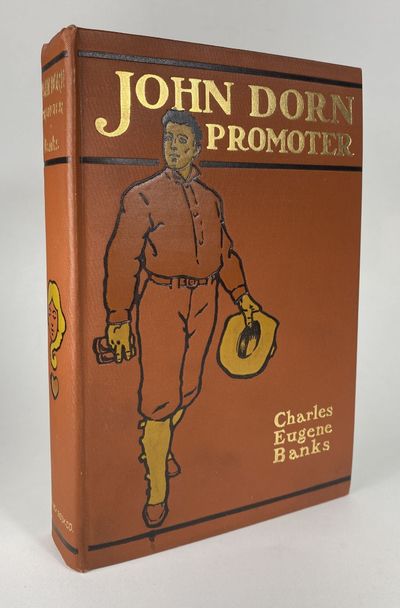

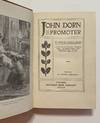
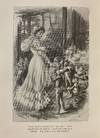
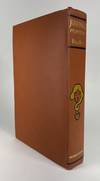
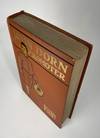
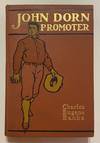
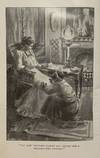
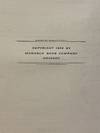

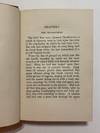
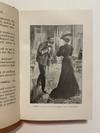
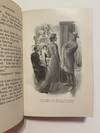
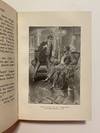
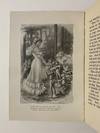
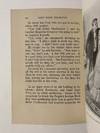



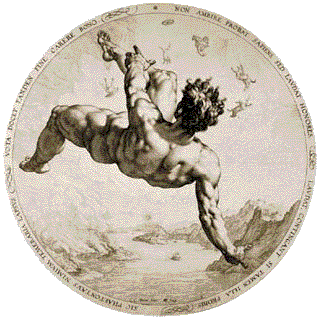
![[The Merchant of Venice]. Uenisu no Shōnin](https://d3525k1ryd2155.cloudfront.net/h/658/014/1693014658.0.m.jpg)
![[BOOKS ON THE MOON]. Les Avantures de Pomponius chevalier Romain, ou l’Histoire de notre Tems](https://d3525k1ryd2155.cloudfront.net/h/598/520/1689520598.0.m.jpg)